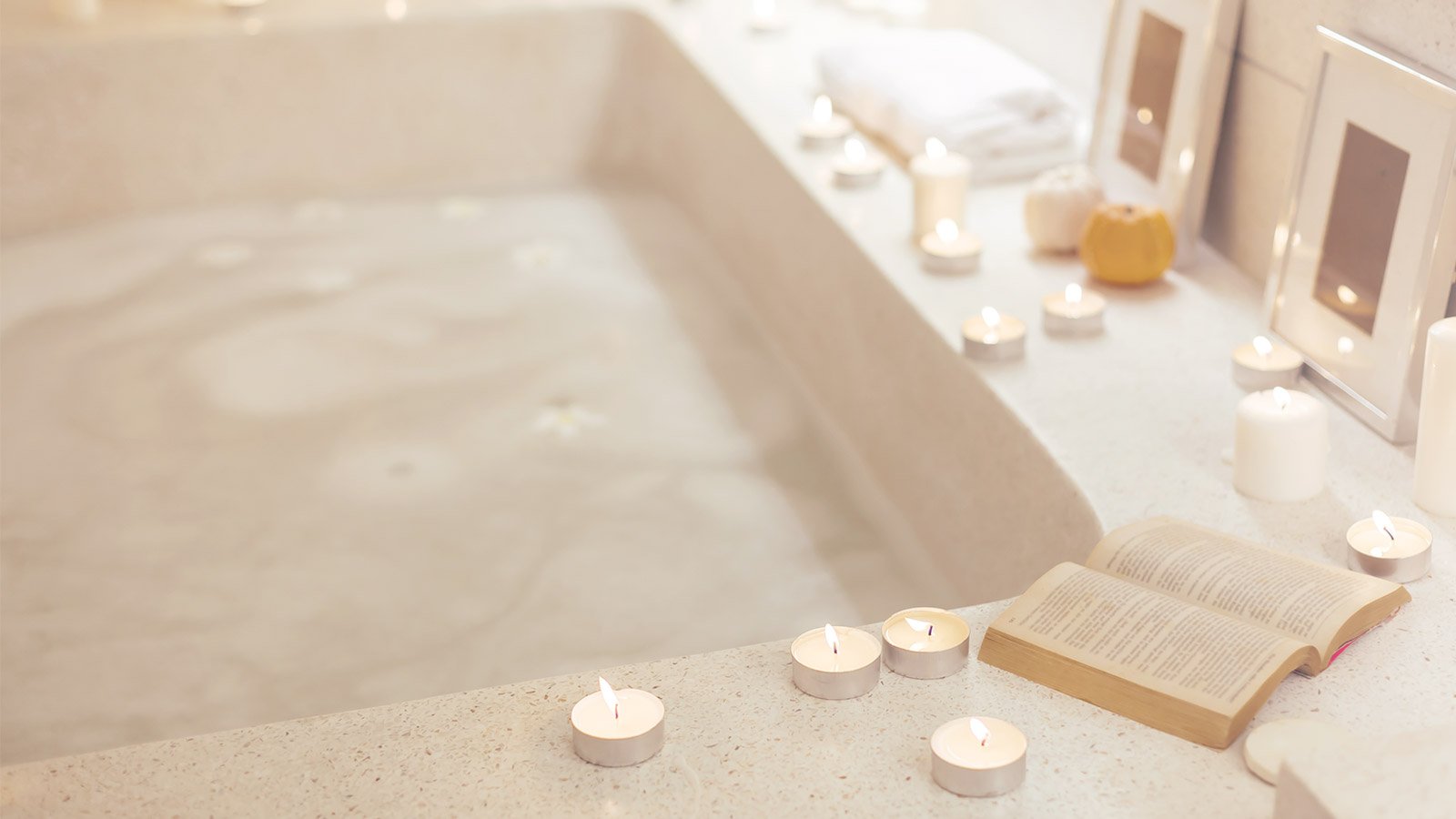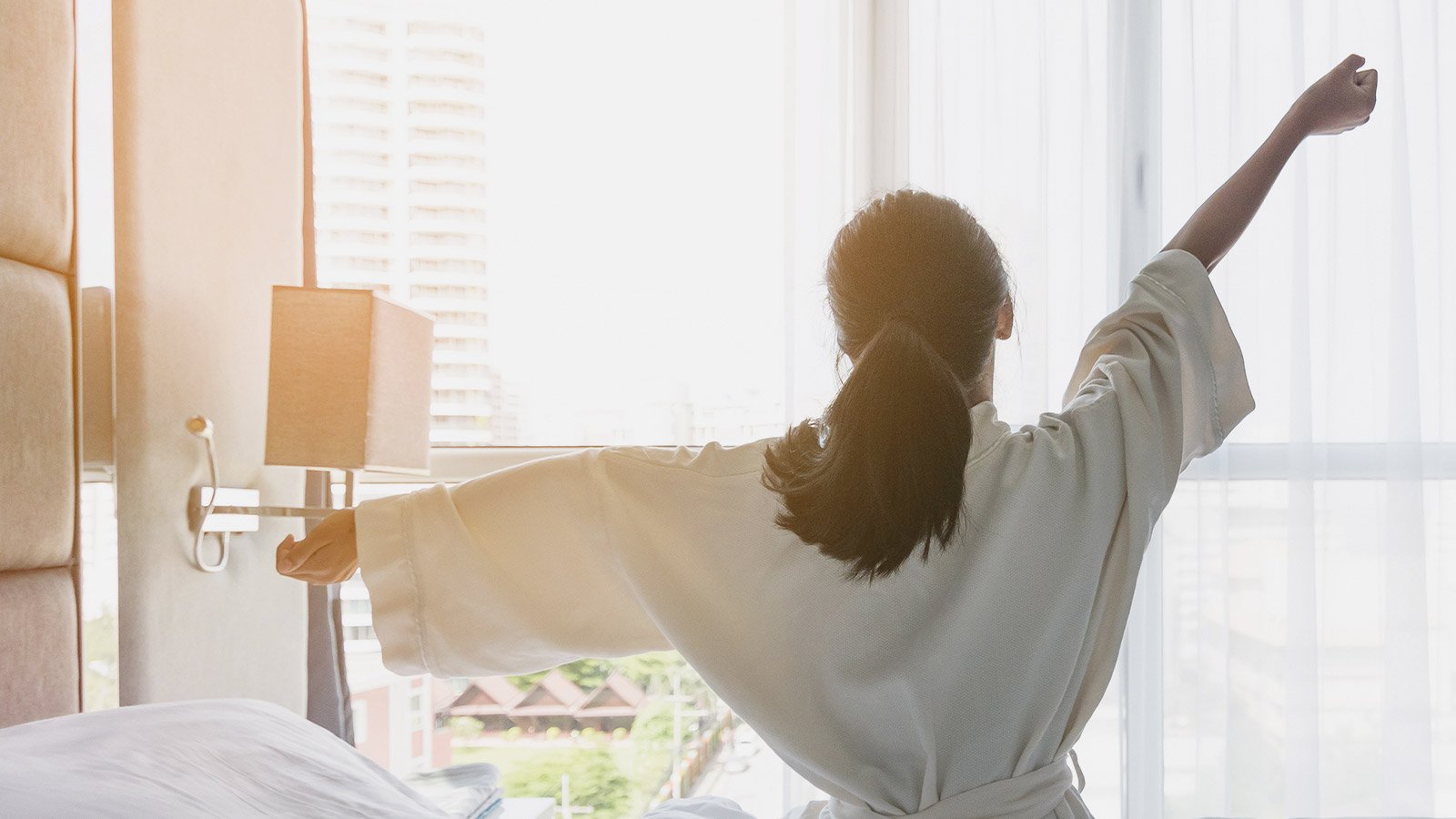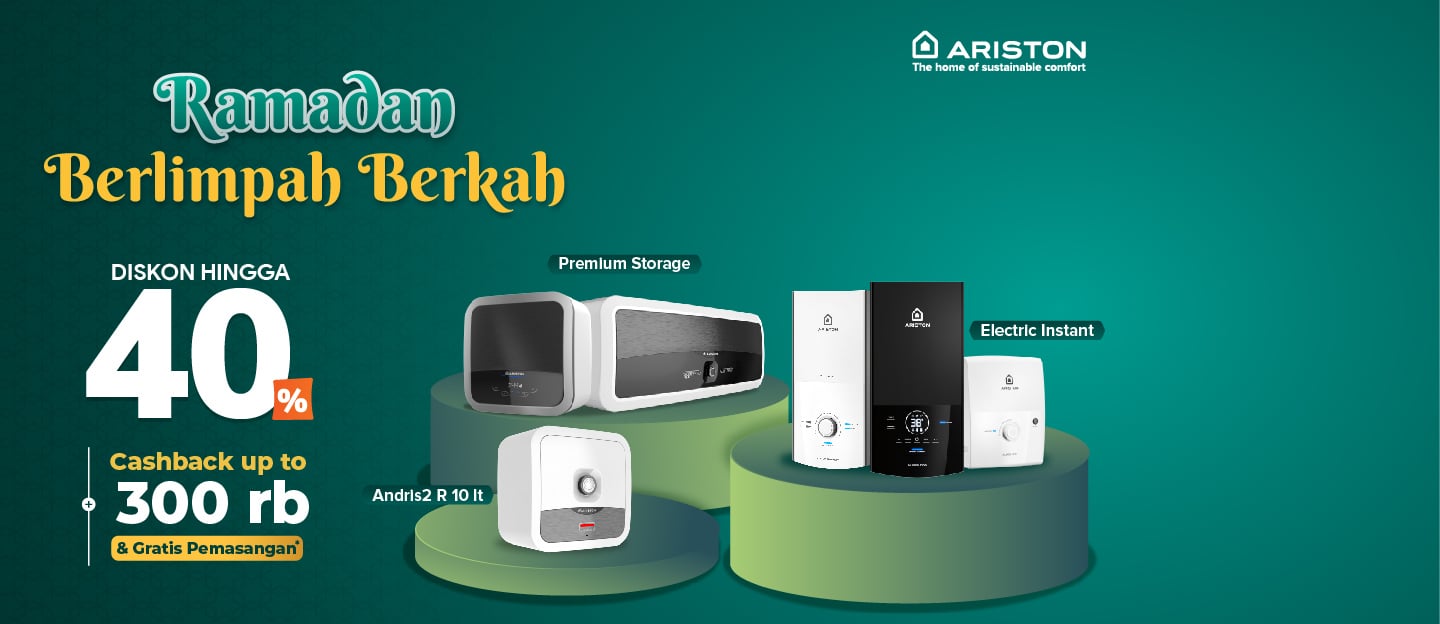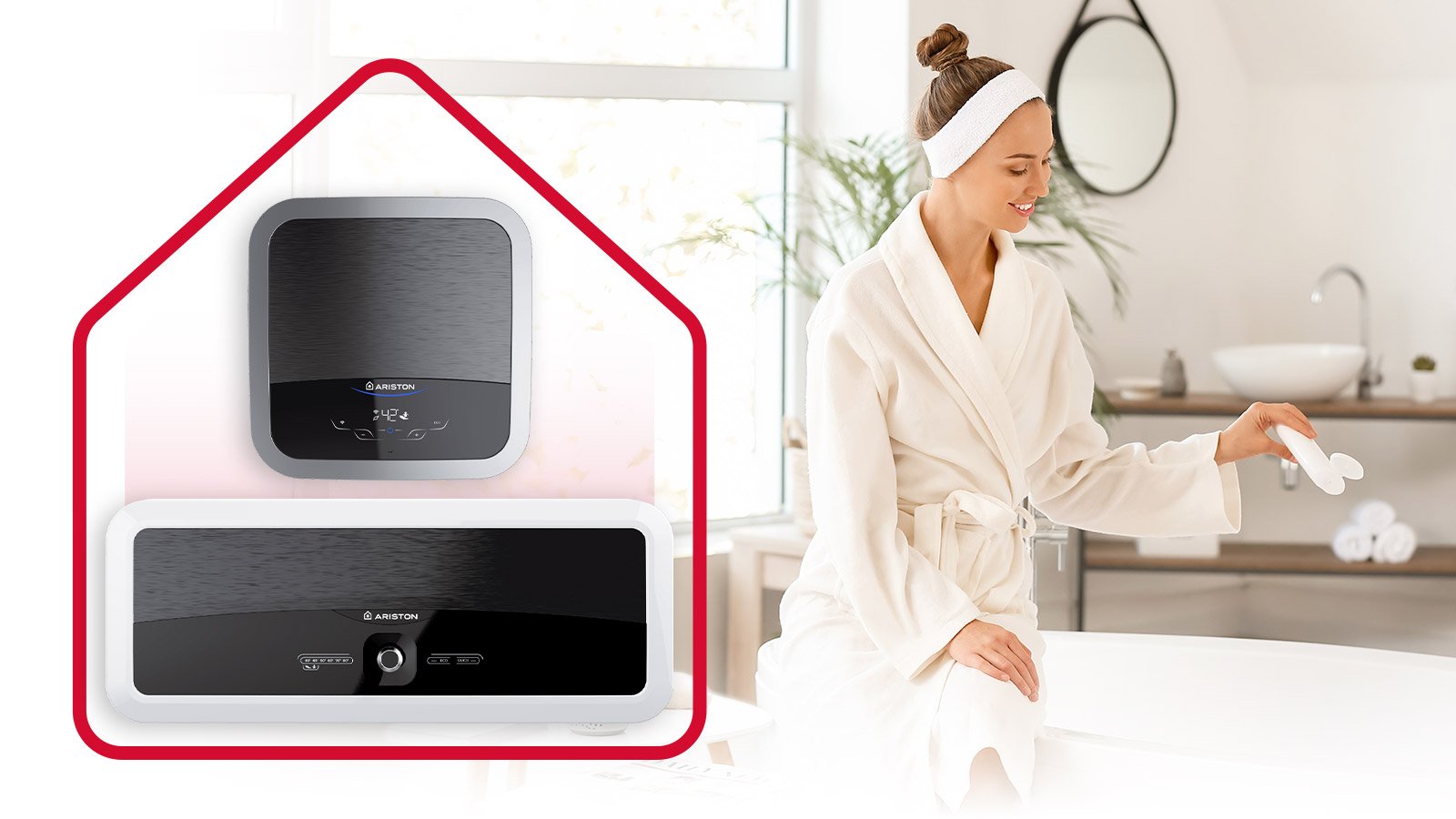Warm Shower, Relieve Fatigue, and Say Goodbye to Stress
Everyone has experienced muscle pain at some point, whether it's due to stiffness after physical activity or lifting heavy weights. Even stress, anxiety, worry, restlessness, and fear can cause the body to respond with muscle pain. One of the body's responses to stress is muscle tension. Therefore, many people complain of headaches or tightness in the shoulders and neck when they are under a lot of mental strain.
When a person is stressed or overwhelmed with thoughts, the body perceives it as a signal of 'danger.' The body then releases stress hormones that can cause physical, psychological, and emotional symptoms. One physiological change triggered by the stress response is the contraction of muscles throughout the body. This situation actually occurs as a form of the body's protection against perceived threats.
The symptoms of muscle pain can last for several minutes to a few hours. Typically, it takes around 20 minutes or more for the body to recover from the primary stress response. When muscle tension symptoms are caused by prolonged stress, it may require more time. This condition can persist continuously and may not alleviate with just resting.
You can speed up the recovery process by reducing stress, practicing relaxed breathing, resting, and relaxing. To alleviate muscle tension symptoms associated with anxiety, the key is to address the underlying factors of anxiety, allowing the body to reduce stress and fully recover.
Here are some ways you can alleviate muscle pain caused by stress and anxiety:
1. Getting enough sleep and rest
Ensuring that your body gets an adequate amount of rest is a great way to alleviate and prevent tense muscles. Sleep provides time for the body to recover and helps relieve muscle stiffness and pain.
2. Gentle Muscle Stretching
Gentle muscle stretching can help release tension. It is not recommended to do deep stretching as it may worsen tight muscles.
3. Massage
Performing massage around the tense muscle area can relieve muscle tension. In addition, massage can also help you relax and relieve stress.
4. Light to moderate exercise
Light to moderate exercise is known to be a stress reliever and muscle relaxant. It is advisable to avoid high-intensity workouts when the body is already highly stressed, as intense exercise can further exacerbate anxiety symptoms rather than alleviate them.
5. Taking a warm bath or shower
Taking a warm bath can help relax and loosen tense muscles. Excessive heat can increase body metabolism, which may worsen other anxiety symptoms. One option for a warm bath is using the Ariston Andris2 Lux, equipped with AG+ technology that eliminates bacteria and fungi up to 80%, ensuring hygienic water and improving the quality of your warm bathing experience for you and your family.





